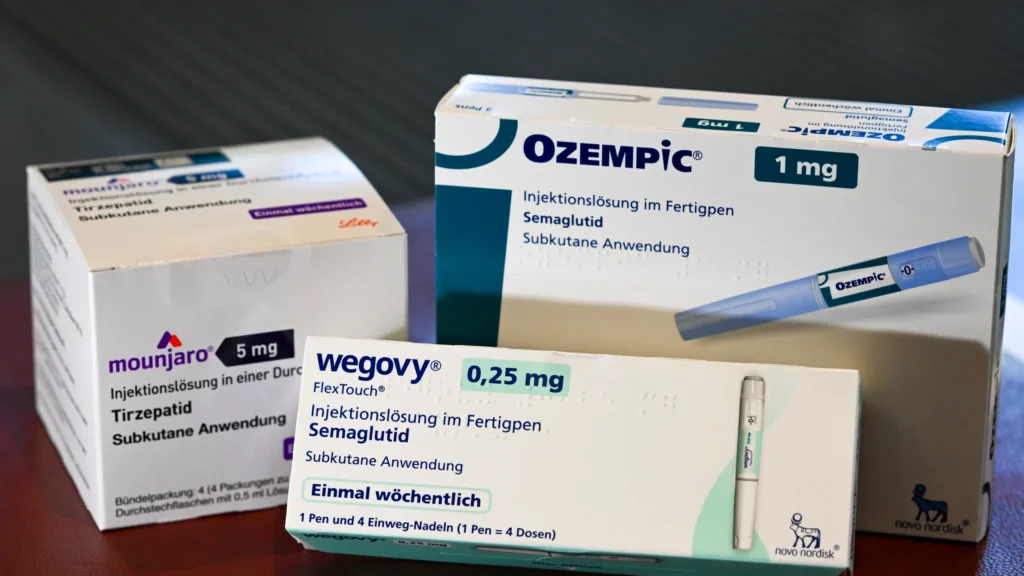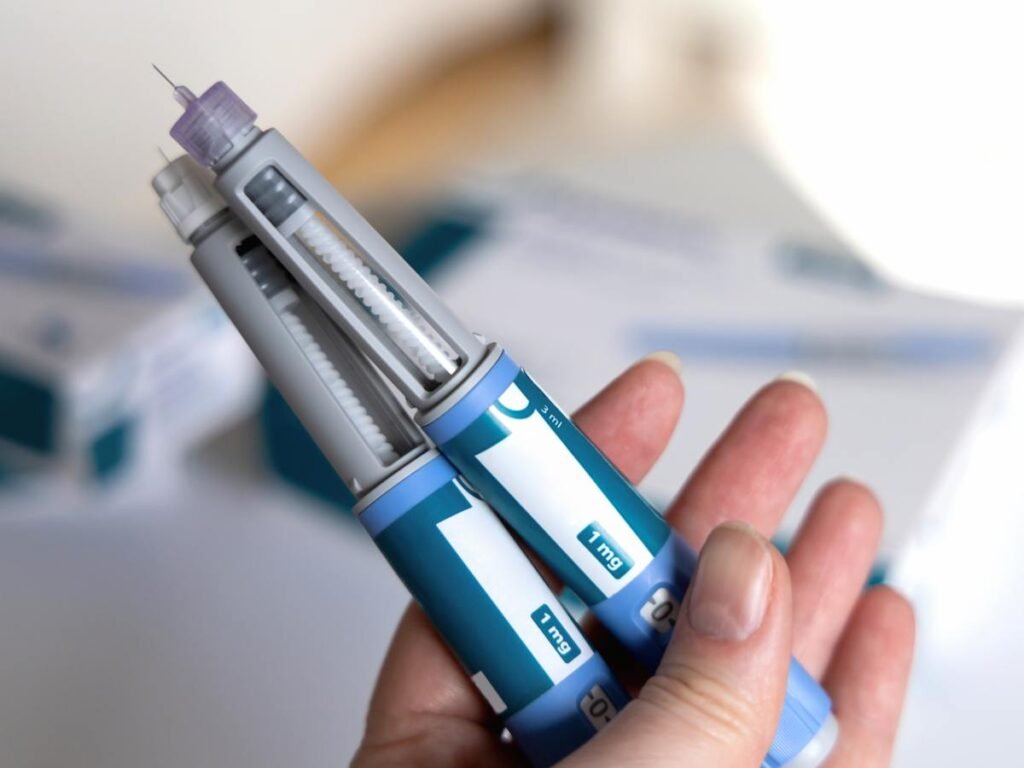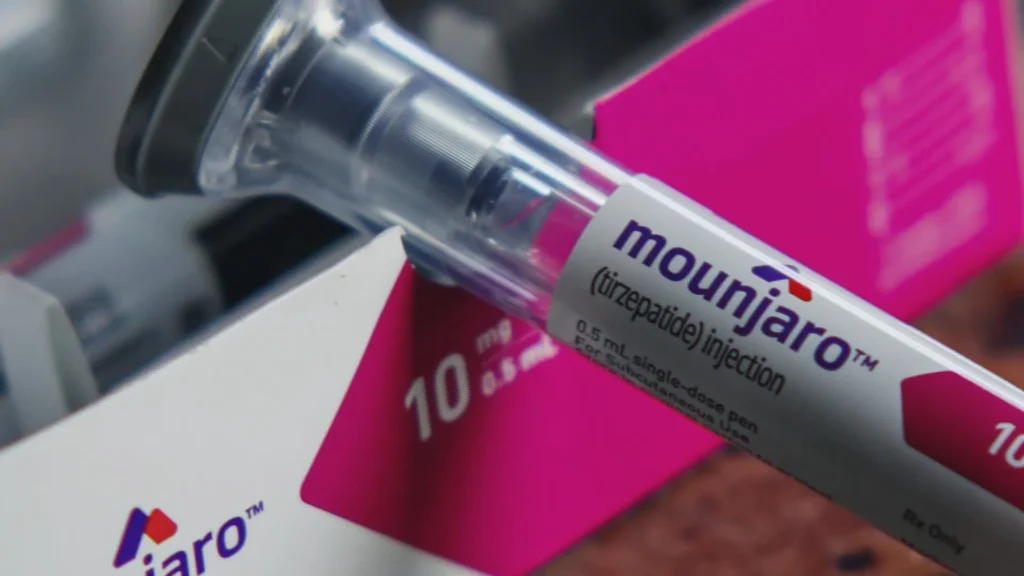Ozempic (semaglutide) has gained widespread recognition for its ability to manage type 2 diabetes and promote weight loss. However, it may not be the right fit for everyone due to factors like side effects, cost, or personal preferences. If you’re searching for Ozempic alternatives, this comprehensive guide provides insights into other effective medications and treatments that can help you achieve similar results.
From other GLP-1 receptor agonists to non-medication approaches, we’ll explore the full range of options for managing blood sugar and achieving weight loss goals.
Why Consider Ozempic Alternatives?
While Ozempic is a powerful medication, individuals might seek alternatives for the following reasons:
- Side Effects: Some users experience nausea, diarrhea, or other gastrointestinal issues.
- Cost: Ozempic can be expensive, especially without insurance coverage.
- Availability: High demand has led to occasional supply shortages.
- Personal Suitability: Medical history, tolerability, or preference for a different delivery method may influence the choice.

Top Ozempic Alternatives for Diabetes and Weight Loss
1. Wegovy (Semaglutide)
- What Is It?
Wegovy is a higher-dose version of semaglutide, the same active ingredient in Ozempic, specifically approved for chronic weight management. - How It Works:
Wegovy helps reduce appetite, slows digestion, and regulates blood sugar levels, making it an effective option for both weight loss and diabetes. - Best For:
Individuals whose primary goal is weight loss rather than diabetes management. - Key Benefits:
- FDA-approved for obesity treatment.
- Provides similar weight loss results to Ozempic.
2. Trulicity (Dulaglutide)
- What Is It?
Trulicity is a once-weekly injectable GLP-1 receptor agonist that helps regulate blood sugar levels and supports modest weight loss. - How It Works:
Like Ozempic, Trulicity slows digestion and promotes insulin secretion. - Best For:
Individuals focused primarily on diabetes management with a secondary benefit of weight loss. - Key Benefits:
- Widely available and FDA-approved for type 2 diabetes.
- May cause fewer side effects in some individuals.
3. Mounjaro (Tirzepatide)
- What Is It?
Mounjaro is a dual-acting GIP and GLP-1 receptor agonist, offering enhanced benefits for diabetes management and weight loss. - How It Works:
By targeting two incretin pathways, Mounjaro improves insulin sensitivity, suppresses appetite, and promotes fat metabolism. - Best For:
Individuals seeking significant weight loss alongside blood sugar control. - Key Benefits:
- Superior HbA1c reduction compared to Ozempic.
- Clinical trials show greater weight loss (up to 20% of body weight).
4. Rybelsus (Semaglutide)
- What Is It?
Rybelsus is the oral tablet form of semaglutide, making it an excellent choice for those who prefer pills over injections. - How It Works:
Rybelsus provides similar blood sugar control and appetite suppression as Ozempic. - Best For:
Individuals uncomfortable with injectable medications. - Key Benefits:
- Convenient oral dosing.
- Effective for diabetes management and weight loss.
5. Victoza (Liraglutide)
- What Is It?
Victoza is a daily injectable GLP-1 receptor agonist used for type 2 diabetes and weight management. - How It Works:
Victoza regulates blood sugar and appetite but requires daily administration compared to Ozempic’s weekly dosing. - Best For:
Individuals who tolerate daily injections and seek effective blood sugar control. - Key Benefits:
- Proven track record in diabetes management.
- FDA-approved for certain weight loss cases (as Saxenda).
6. Saxenda (Liraglutide)
- What Is It?
Saxenda is the higher-dose version of liraglutide specifically approved for weight management. - How It Works:
Saxenda helps suppress appetite and regulate metabolism to aid in weight loss. - Best For:
Individuals whose primary focus is losing weight rather than managing diabetes. - Key Benefits:
- FDA-approved for obesity treatment.
- Suitable for long-term weight management.

7. Byetta (Exenatide)
- What Is It?
Byetta is a twice-daily injectable GLP-1 receptor agonist for type 2 diabetes. - How It Works:
Byetta regulates blood sugar levels but requires more frequent dosing than Ozempic. - Best For:
Those seeking a shorter-acting alternative to weekly GLP-1 medications. - Key Benefits:
- Effective for post-meal blood sugar control.
- May suit individuals who prefer lower-dose options.
8. Metformin
- What Is It?
Metformin is a widely used oral medication for managing type 2 diabetes. - How It Works:
Metformin reduces glucose production in the liver and improves insulin sensitivity. - Best For:
Individuals looking for a cost-effective, first-line diabetes treatment. - Key Benefits:
- Affordable and well-tolerated.
- Often combined with other medications for enhanced results.
Comparing Ozempic Alternatives: Key Factors to Consider
1. Effectiveness
- For significant weight loss, Wegovy and Mounjaro outperform other alternatives.
- For blood sugar control, Trulicity, Victoza, and Byetta offer comparable benefits to Ozempic.
2. Dosing Frequency
- Once Weekly: Ozempic, Mounjaro, Wegovy, and Trulicity.
- Daily: Victoza, Saxenda, and Byetta.
- Twice Daily: Byetta.
- Oral Options: Rybelsus and Metformin.
3. Cost
- More Affordable: Metformin and some generic GLP-1 options.
- Higher Cost: Mounjaro, Wegovy, and Saxenda may be expensive without insurance.
4. Side Effects
- Common side effects for GLP-1 medications include nausea, diarrhea, and decreased appetite.
- Mounjaro and Wegovy may cause more pronounced side effects due to their potency.
5. Insurance Coverage
- Diabetes medications like Trulicity, Victoza, and Metformin are often covered.
- Weight loss-specific drugs like Saxenda and Wegovy may face more restrictions.

Non-Medication Alternatives to Ozempic
If you prefer non-medication approaches to weight loss or diabetes management, consider the following:
1. Lifestyle Changes
- Diet: Focus on a balanced diet rich in fiber, protein, and healthy fats.
- Exercise: Incorporate regular physical activity, such as walking, strength training, or yoga.
- Sleep and Stress Management: Ensure quality sleep and reduce stress for optimal metabolic health.
2. Weight Loss Surgery
- Procedures like gastric bypass or sleeve gastrectomy can help individuals with severe obesity achieve long-term weight loss and improved blood sugar control.
3. Medical Weight Loss Programs
- Supervised programs often combine dietary counseling, exercise plans, and prescription medications to support weight loss.
Success Stories: Real-Life Experiences with Ozempic Alternatives
Case Study 1: Sarah’s Journey with Mounjaro
- Background: Sarah switched from Ozempic to Mounjaro to achieve greater weight loss.
- Outcome: Lost 45 pounds in 8 months and improved her HbA1c from 7.8% to 5.9%.
Case Study 2: Mike’s Switch to Rybelsus
- Background: Mike preferred an oral alternative to injections.
- Outcome: Rybelsus helped him maintain stable blood sugar levels and achieve a 10% weight loss in 6 months.

Final Thoughts on Ozempic Alternatives
Exploring Ozempic alternatives is a smart choice if you’re looking for medications or approaches that better suit your lifestyle, budget, or health needs. Whether you choose Wegovy for weight loss, Trulicity for diabetes, or a non-medication approach, there’s an option to help you achieve your goals.
Always consult with your healthcare provider to determine the best alternative for your individual needs and start your journey to better health with confidence.
1. What is the best alternative to Ozempic for weight loss?
Wegovy and Mounjaro are considered the best alternatives for significant weight loss.
2. Are there oral alternatives to Ozempic?
Yes, Rybelsus (oral semaglutide) and Metformin are effective oral options.
3. Are Ozempic alternatives more affordable?
Metformin and some generic medications are more affordable, but newer options like Wegovy and Mounjaro may be expensive without insurance.
4. Can I switch from Ozempic to another medication?
Yes, consult your healthcare provider to determine the best alternative based on your health goals and medical history.
